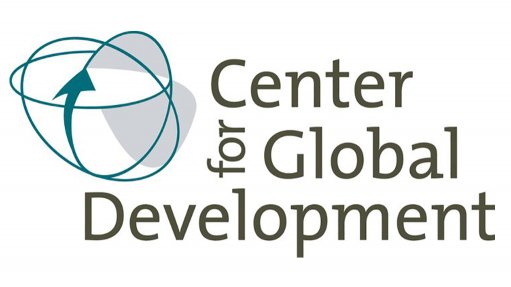
Foreign aid donors and international organizations supporting education in developing countries have increasingly coalesced around a policy agenda prioritizing foundational learning, measured by test scores in primary school, based on a diagnosis of deficient school quality, and a growing body of empirical evidence about effective interventions to improve quality.
We survey over 900 senior government officials working on education in 35 low- and middle-income countries to gauge their alignment with this agenda. Using conjoint and survey experiments, we show that on average policymakers prioritise vocational over foundational skills.
We then seek to explain variation in preferences as a function of three possible factors: different objectives for education (e.g., test scores versus socialization), different beliefs about the state of the world (e.g., enrollment and learning levels), and different beliefs about the effectiveness of specific interventions. Misalignment with donor agendas is evident in all three dimensions. We also show experimentally that beliefs can be changed through the provision of evidence.
Paper by the Centre for Global Development